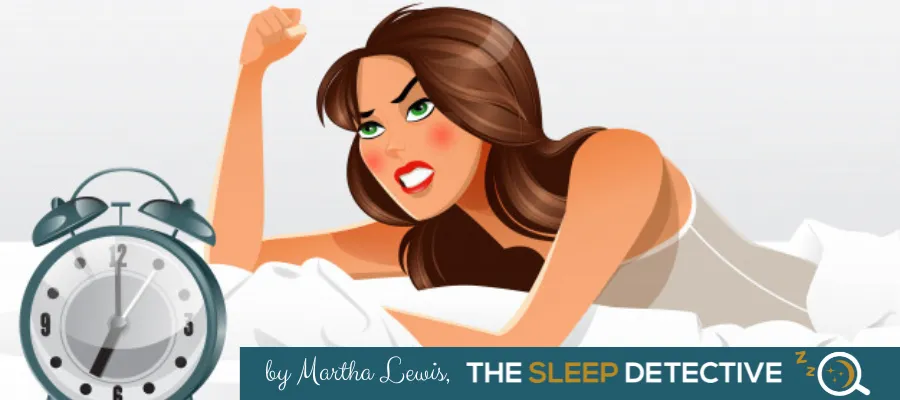DHEA is a powerful hormone that promotes growth and repair. Low levels of this hormone are an early warning sign that your adrenal system isn't functioning well.
DHEA is the parent of all sex hormones so if your DHEA is low you most likely have low estrogen, progesterone and testosterone, too. When these hormones are depleted, they can directly lead to sleep issues.
One of the most important functions of DHEA is that it counter-regulates cortisol. While cortisol is a necessary hormone for dealing with acute stress and fighting inflammation, it also breaks down your body.
When I look at my clients’ hormones, I look at the balance between cortisol and DHEA. If cortisol is higher than DHEA, that means that their body is breaking down, what’s called a catabolic state. Chronic stress (physical or mental), inflammation, poor blood sugar regulation, toxins and certain medications lower DHEA and stimulates cortisol. When this happens, it affects your energy production, body chemistry and immune activity. Pretty much, all the systems of your body start breaking down one by one and stop functioning well.
Symptoms of low DHEA include:
- Fatigue
- Depression
- Low sex drive
- Aching joints
- Brittle bones
- Low immunity
Since cortisol is the main hormone that causes insomnia, you want to have enough DHEA to keep cortisol in balance. For my clients with low DHEA, I recommend that they supplement with it for a short amount of time to build up their levels. It’s critical to reduce stress and cortisol at the same time so that the body starts making enough DHEA on its own. I always want to find out why DHEA is low and fix it instead of just supplementing with DHEA forever.
You also want to be careful supplementing with DHEA (and testosterone) because some people metabolize those hormones in a way that makes them stronger. This can lead to symptoms of excess androgens such as acne, oily skin, infertility, high blood pressure or cholesterol, and PCOS. I use the DUTCH test to look at hormones because it shows how hormones are used by the body and if you are susceptible to converting hormones into androgens so we know if hormone supplementation is appropriate for you.
Even if you have the symptoms listed above, I don’t recommend supplementing with DHEA unless you know you need it. These symptoms can be from other hormones being depleted, too. If you take DHEA and you’re estrogen dominant, for example, you could make things much worse. That’s why I believe in testing instead of guessing. Trying supplements to see if they help can get your body more out of balance. The functional lab tests I do show exactly what’s going on with the hormones in your body so I know what to recommend for you to take. Although my clients all have insomnia, the exact causes for each of them are different.
DHEA can also be too high, usually when cortisol is also elevated. High DHEA comes from stress, alcohol, insulin resistance, and PCOS. Both high DHEA and cortisol give you energy and can lead to insomnia.
If you want a completely customized approach to fixing your sleep once and for all, the Complete Sleep Solution program is for you!
Ready to get started? Schedule a free consultation to learn how we can find exactly what’s causing your insomnia so you can get the sleep you need to wake up feeling rested and full of energy.
Take the quiz to find out what's causing your INSOMNIA!
This 3-minute quiz will tell you if your sleep issues are mental or physical so you know what to address.

